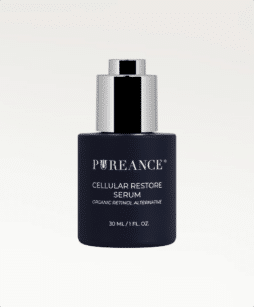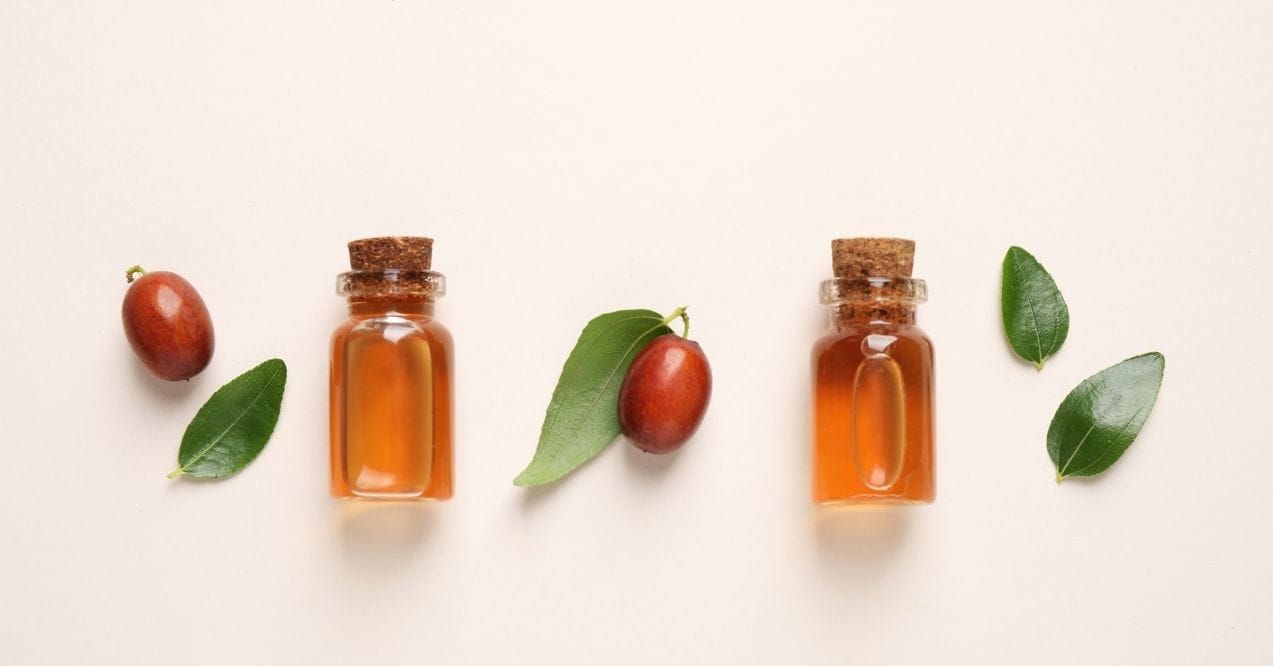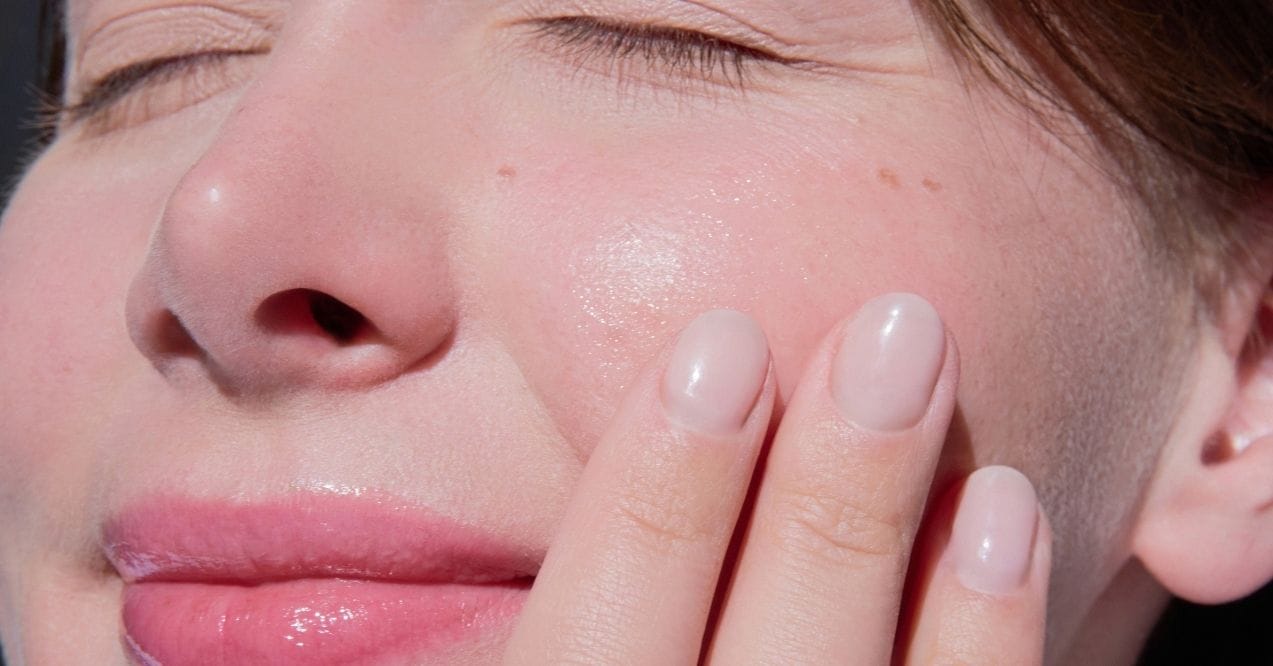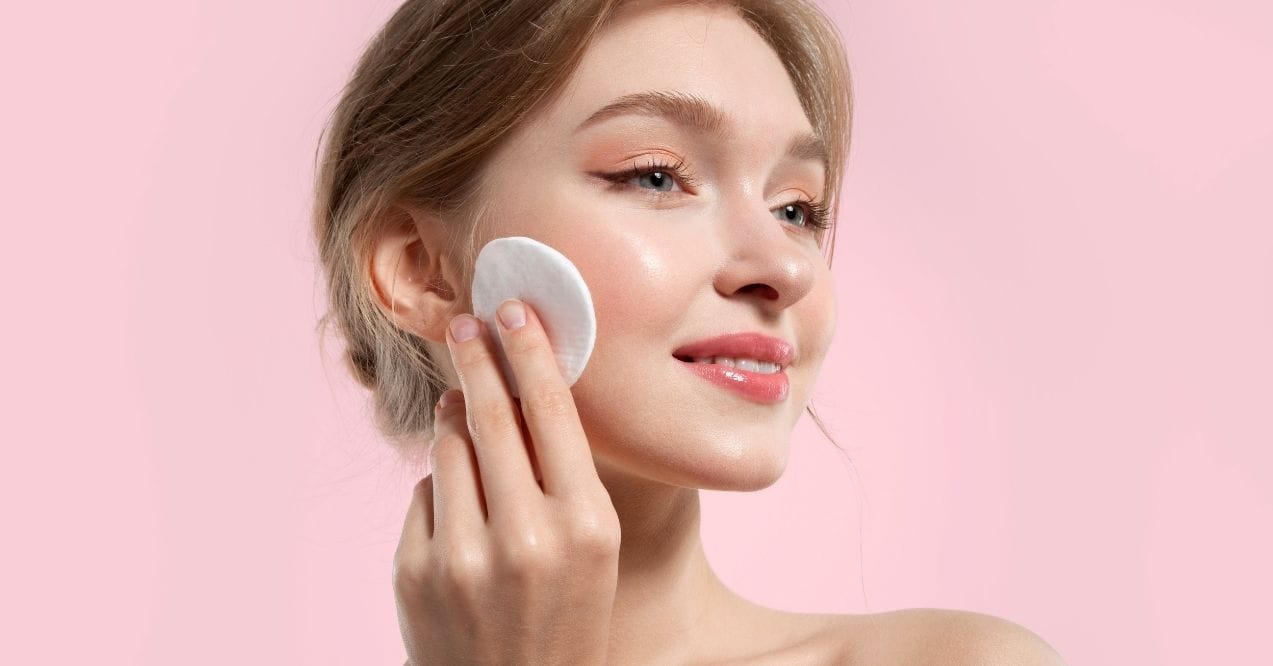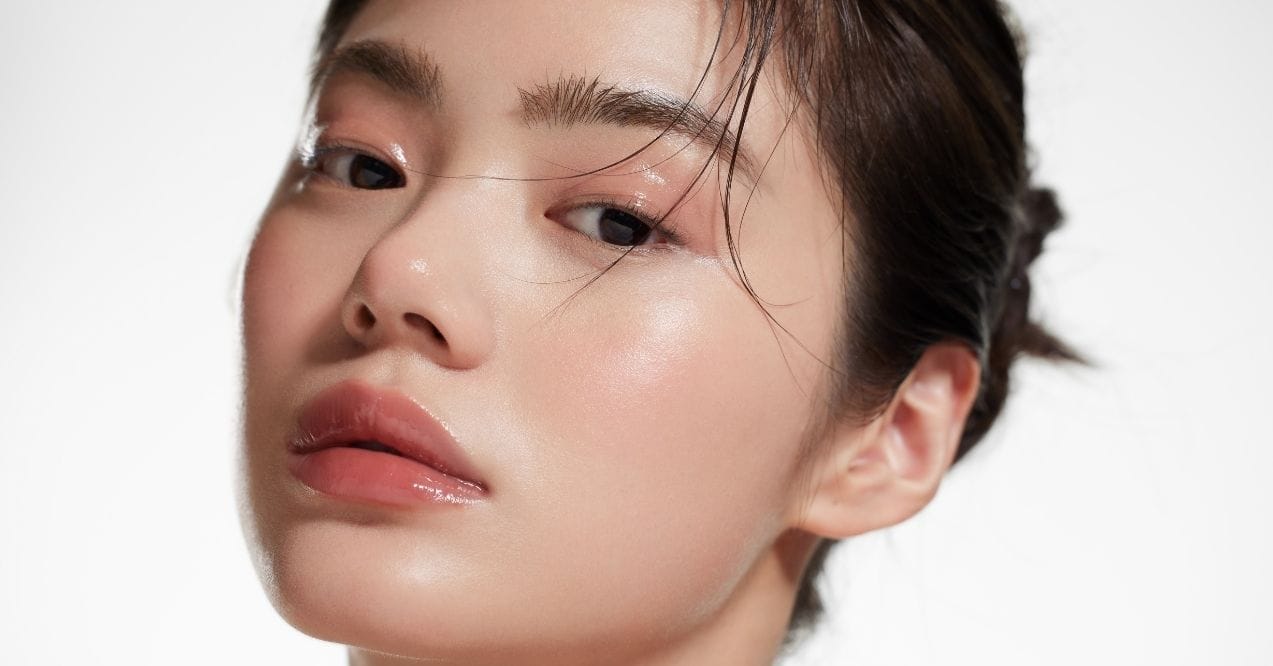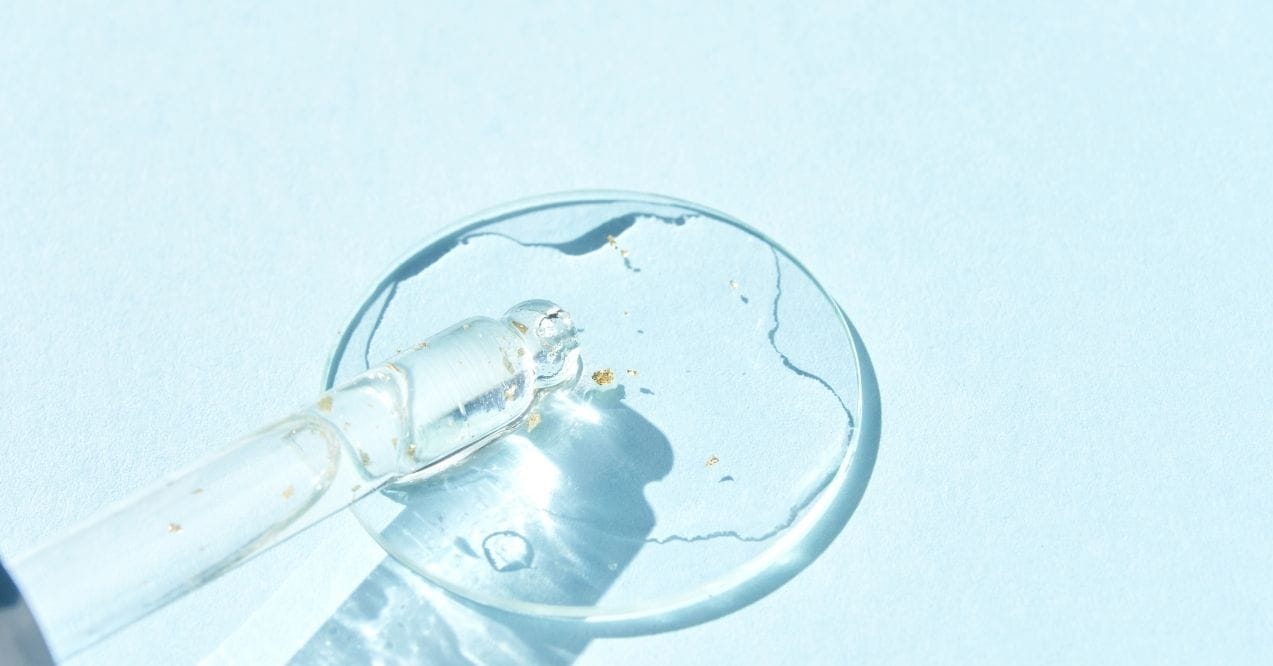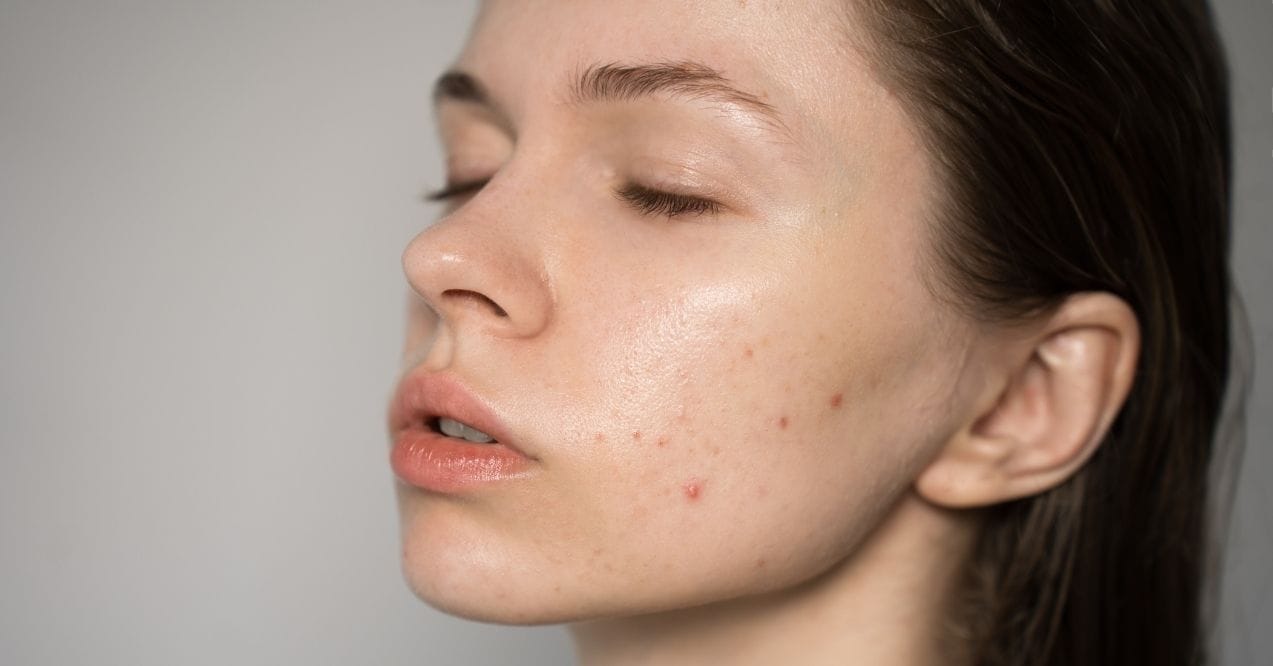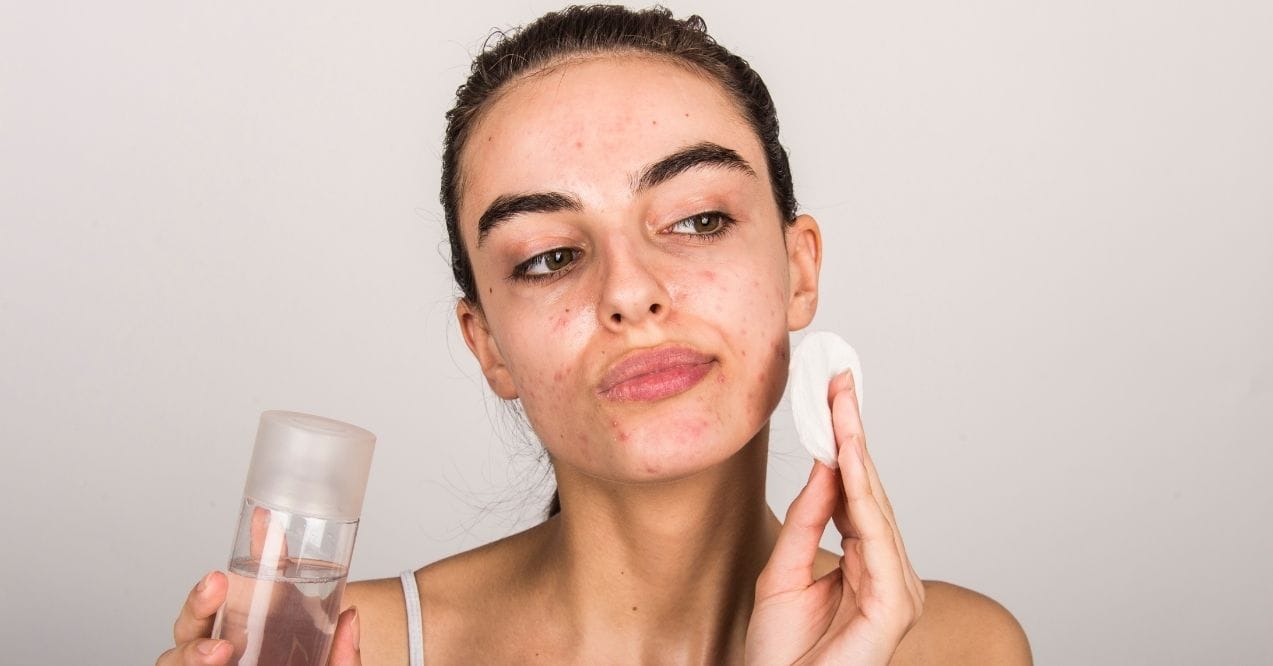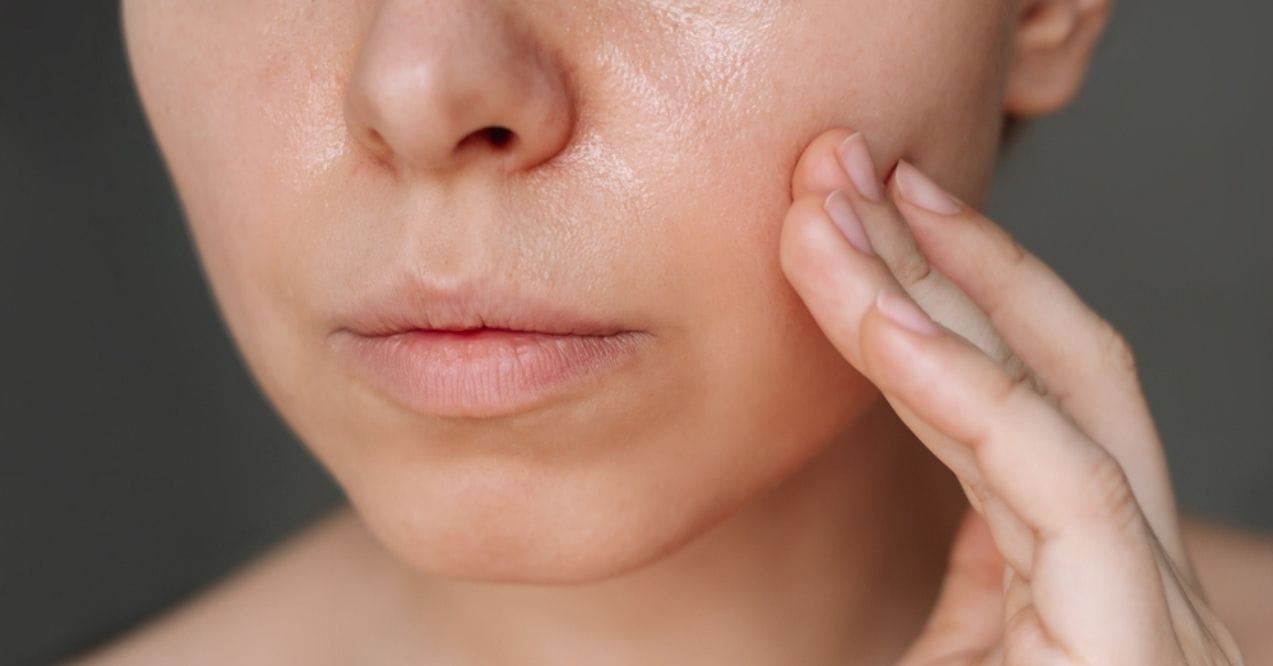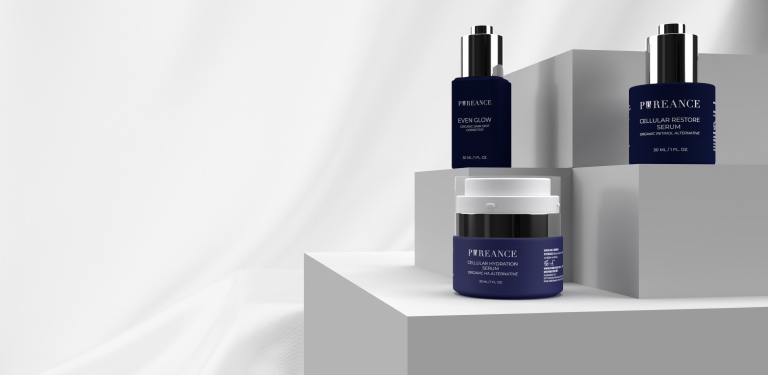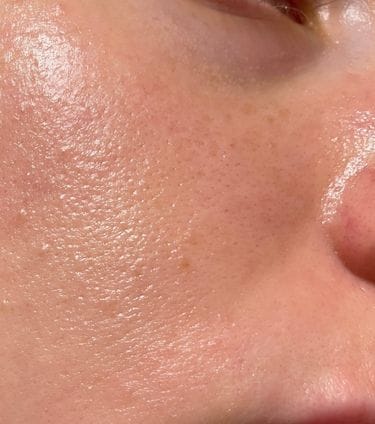
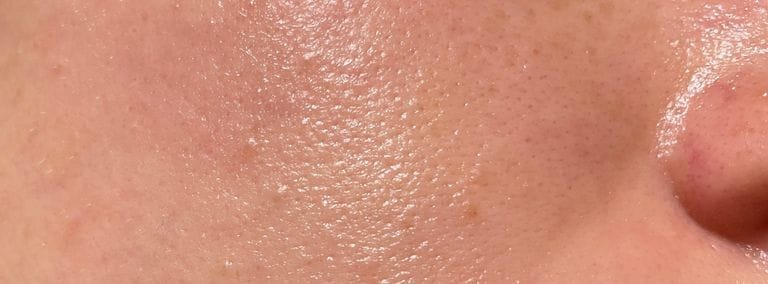

7 Surprising Benefits of Oily Skin
If you’ve ever felt frustrated blotting away shine by noon, here’s something that might shift your perspective: the benefits of oily skin could actually be your skin’s superpower in disguise. While excess sebum can feel like a daily battle, that same oil production offers some remarkable long-term beauty advantages that people with dry skin often envy.
When you learn to work with your skin’s natural tendencies rather than against them, you’ll discover that oily skin might just be one of nature’s best-kept beauty secrets.
Key Article Findings
- Oily skin naturally retains moisture better, keeping your complexion plump and hydrated.
- The extra sebum production may slow down visible signs of aging significantly.
- Your skin’s oils provide built-in protection against environmental stressors.
- With proper care, oily skin maintains its elasticity and fullness longer than other skin types.
7 Benefits of Oily Skin
1. Built-in Moisture Retention
Your skin’s natural oil production acts like a 24/7 moisturizing system. That sebum creates a protective seal that locks hydration into your skin cells, keeping them plump and healthy. While others reach for heavy creams throughout the day, your skin maintains its moisture balance naturally.
This built-in hydration system means you’re less likely to experience the tightness and flaking that comes with dry skin. The oils also help maintain your skin’s natural barrier function more effectively.
2. Slower Visible Signs of Aging
Here’s where the advantages of oily skin really shine through. The constant moisture from natural oils helps keep fine lines and wrinkles at bay longer than drier skin types. Your skin stays naturally plumped, which means expression lines take longer to become permanent fixtures.
The sebum your skin produces contains vitamin E and other antioxidants that fight free radical damage. This natural protection helps maintain collagen production and skin elasticity over time. Many people with oily skin report looking younger than their actual age well into their 40s and beyond.
3. Naturally Radiant Glow
That dewy, lit-from-within look everyone’s trying to achieve with highlighters? You wake up with it naturally. The oils on your skin reflect light in a way that creates dimension and a healthy-looking luminosity.
While managing shine in certain areas is part of your routine, you can strategically work with your natural glow. A light dusting of powder on the T-zone while letting your cheekbones shine gives you that perfect balance.
4. Extra Environmental Protection
Is oily skin good for protection against daily aggressors? Absolutely. Your skin’s natural oils form a barrier that helps shield against pollution, harsh weather, and other environmental stressors. This protective layer works overtime to keep irritants from penetrating your skin’s surface.
The lipid-rich barrier also helps maintain your skin’s pH balance more effectively. This means your skin is better equipped to fight off bacteria and maintain its healthy microbiome. Think of it as having an invisible shield that’s always on duty.
5. Better Resilience Against Irritation
The pros of oily skin include enhanced resilience against external irritants. That protective oil layer acts as a buffer between your skin and potential triggers. Products that might cause immediate reactions on dry, sensitive skin often absorb more gradually on oily skin.
Your skin’s natural oils also help soothe minor irritations more quickly. The sebum contains anti-inflammatory compounds that can calm redness and sensitivity.
6. Smoother Skin Texture
Oily skin benefits from consistent cell turnover thanks to natural lubrication. The oils help dead skin cells shed more easily, which keeps your complexion smoother and more refined. This natural exfoliation process means you’re less likely to develop rough, dry patches.
The constant moisture also keeps your skin supple and elastic, contributing to that smooth, bouncy texture many associate with youthful skin.
7. Longevity in Skin Fullness
As we age, our skin naturally loses volume and thickness. But here’s good news: oily skin tends to maintain its fullness longer. The consistent oil production helps preserve the skin’s natural padding, keeping that plump, youthful appearance well into maturity.
This fullness isn’t just about aesthetics—it also means your skin maintains its structural integrity better over time. The result? Firmer, more resilient skin that ages more gracefully.
How to Preserve the Perks Without the Pitfalls
Gentle Cleansing
The key to maintaining oily skin benefits lies in gentle, balanced cleansing. Harsh cleansers that strip away all your natural oils can actually trigger your skin to produce even more sebum—creating a vicious cycle. Instead, opt for mild, pH-balanced cleansers that remove excess oil without completely drying out your skin.
Look for gel or foam cleansers with ingredients like salicylic acid or tea tree oil that can help manage oil production naturally. Cleanse twice daily, but avoid over-washing, which can irritate your skin and disrupt its natural balance. Pat your face dry gently rather than rubbing, which can stimulate more oil production.
Lightweight Hydration
Even oily skin needs hydration—the trick is choosing the right type. Water-based, oil-free moisturizers with humectants like hyaluronic acid draw moisture into your skin without adding extra oils. This helps balance your skin’s hydration levels and can actually help regulate sebum production.
Your skin might produce less oil when it’s properly hydrated, creating a more balanced complexion overall. Layer your products from thinnest to thickest consistency for best results.
Balanced Exfoliation
Regular but gentle exfoliation helps prevent the buildup that can lead to congestion without damaging your skin’s protective barrier. Aim for 1-2 times weekly with a chemical exfoliant rather than harsh physical scrubs. BHAs (beta hydroxy acids) like salicylic acid work particularly well for oily skin as they can penetrate into pores.
Over-exfoliation can damage your skin barrier and trigger more oil production, so moderation is key. If you notice increased sensitivity or excessive oiliness, scale back your exfoliation routine. For more tips on maintaining a healthy skin barrier, check out our guide on how to repair skin barrier naturally.
Oily Skin at Different Life Stages
In Your 20s-30s
During these years, oily skin is often at its peak production. Focus on preventing congestion while preserving your natural glow. Use lightweight, non-comedogenic products and consider incorporating niacinamide to help regulate oil production.
This is also the perfect time to establish good skincare habits that will serve you well later. Regular cleansing, sun protection, and balanced hydration will help you maintain all those oily skin advantages. Don’t try to completely mattify your skin—work with your natural radiance instead.
In Your 40s-50s+
As hormone levels shift, oil production naturally slows down, but mature oily skin still maintains elasticity advantages over drier types. You might notice your skin becoming more “normal” or combination during this stage. This is actually ideal—you get to keep the anti-aging benefits while dealing with less excess shine.
Consider adding richer moisturizers to areas that have become drier while maintaining lighter formulas on still-oily zones. Your skin’s needs might change seasonally too, so stay flexible with your routine. The foundation you built in earlier years continues to pay dividends in terms of fewer wrinkles and maintained skin fullness.
Common Myths About Oily Skin
Is oily skin bad? One of the biggest myths is that oily skin doesn’t need moisturizer. In reality, skipping moisturizer can trigger your skin to produce even more oil to compensate for the lack of hydration.
Another common misconception suggests that oily skin causes more wrinkles. The opposite is actually true—the natural moisture retention of oily skin typically leads to fewer visible lines over time. People also wrongly believe that you should dry out oily skin with harsh products, when gentle, balanced care works much better.
Many assume oily skin can’t be sensitive, but these aren’t mutually exclusive. You can have oily, sensitive skin that needs extra-gentle care. Understanding what’s myth versus reality helps you care for your skin properly and appreciate its natural advantages. If you’re dealing with dehydration alongside oiliness, our guide on how to treat dehydrated skin can help you find the right balance.
Conclusion
The benefits of oily skin extend far beyond what meets the eye. From natural moisture retention to built-in environmental protection, your skin type offers advantages that become more apparent with time. While managing shine might be part of your daily routine, those same oils are working behind the scenes to keep your skin looking youthful, radiant, and resilient.
Rather than fighting against your skin’s natural tendencies, learning to work with them transforms oily skin from a perceived problem into the gift it truly is. Embrace your skin’s natural characteristics, and you’ll discover that what once seemed like a burden might actually be your biggest beauty advantage.
The key lies not in changing your skin type but in optimizing what nature gave you. Your oily skin is already doing so much to protect and preserve your complexion. If you’re dealing with uneven texture or tone alongside oiliness, check out our article on what causes uneven skin tone for targeted solutions that work with your skin type.
Yes! Oily skin typically shows fewer signs of aging thanks to natural moisture retention and protection. The constant hydration helps maintain elasticity and reduces the appearance of fine lines.
Absolutely. Oily skin still needs hydration to maintain balance. Choose lightweight, water-based moisturizers that hydrate without adding excess oil to your complexion.
Yes, you can have both oily and sensitive skin. This combination needs gentle, non-irritating products that manage oil without causing reactions or inflammation.
Use blotting papers throughout the day, apply mattifying primer to your T-zone, and set makeup with translucent powder. Focus on oil control rather than oil elimination.
This site offers health, wellness, fitness and nutritional information and is designed for educational purposes only. You should not rely on this information as a substitute for, nor does it replace, professional medical advice, diagnosis, or treatment. If you have any concerns or questions about your health, you should always consult with a physician or other health-care professional. Do not disregard, avoid or delay obtaining medical or health related advice from your health-care professional because of something you may have read on this site. The use of any information provided on this site is solely at your own risk.
Nothing stated or posted on this site or available through any services are intended to be, and must not be taken to be, the practice of medical or counseling care. For purposes of this agreement, the practice of medicine and counseling includes, without limitation, psychiatry, psychology, psychotherapy, or providing health care treatment, instructions, diagnosis, prognosis or advice.
